Awhile back I shared the link to this remarkable article from the ABC: ‘See how global warming has changed the world since your childhood‘ on Facebook. Its message had a huge impact on me, and it sparked a conversation with one other person who asked ‘I want to make a difference, but where do I start?’
And we began to assemble a list – and a list of lists – and it turns out there is SO MUCH YOU CAN DO!
I’ll put my list in here, and a few links to other lists and quizzes and such, and would love to hear what you think… and I’ll make this list downloadable in a word format so you can change it as you need to make it work in your home – print the bits you want to focus on and post it on your fridge. Whatever works for you!

Image source: https://www.youtube.com/watch?v=eIxvmoeS4_0
Where do I start?
Start where you are, with what you have, and do what you can.
Pick one thing, do it until it’s easy, then add another.
Where do you feel comfortable starting? There is no right answer, and it all adds up.
Things you can do daily
- Look for, and share, the good news, positive action and things you’ve learned, to set a positive example
- Pick up rubbish on your walks, and share this with people, to set a positive example
- Plant trees at home, or volunteer to help a local group
- Grow fruit and veg in your garden, in your neighbourhood, or in a community garden, and share the bounty (See our video on Food Security here)
- Buy fewer things
- Repair or mend or repurpose everything you can
- Buy second hand
- Look for sustainable substitutes to everyday things you can’t live without:
- Bamboo toothbrush
- Silk or bamboo floss
- Shampoo and conditioner bars
- Solid soap
- Reusable sanitary products
- Wash cloths
- Hankies
- Cloth nappies
- Others? __________
- Related post: Clear Out Double-Ups
- Use reusable produce bags, along with your reusable shopping bags
- Bring your own containers to the butcher, deli or baker (But am I allowed? More info in this post.)
- Bring a takeaway kit with you to avoid single use when eating out
- Cup
- Cutlery
- Straw
- Container
- Water bottle
- Others? __________
- Shop in bulk or at a packaging-free shop
- Don’t buy veg wrapped in plastic
- Stop using single use anything
- Plastic wrap
- Zip lock bags
- Makeup wipes
- Serviettes
- Paper plates
- Plastic cutlery
- Straws
- Take-away cups
- Bottled water
- Soft drinks
- Single-serve individually wrapped snacks… (buy in bulk and decant as needed)
- Others? __________
- Consider the packaging when you shop
- First, aim for no packaging
- Then, reusable packaging
- Then, compostable packaging (not just ‘degradable’ or ‘biodegradable’ – do your research!)
- Finally, choose recyclable packaging
- Say ‘no’ to unnecessary things:
- Straws
- Receipts
- Cutlery
- Bags
- Little sauce packets
- Others? __________
- Just DON’T use those ‘flushable wipes’ for your bottoms. Just don’t.
- Borrow books and DVDs from the library
- Join a toy library
- Learn about the recycling options in your community, and then set up a home recycling centre that makes it easier to sort and therefore recycle:
- General waste
- General recycling
- Soft plastics
- Batteries
- Bottle tops
- Other specialty items that may be collected by TerraCycle, your school or Landcare group
- Remember: Recycling is a good place to start but a terrible place to stop – try to reduce the amount going into your all of your bins every week
- Switch off standby power
- Install LED globes throughout your home
- Waste less food:
- Meal plan
- Shop to a list
- Use what you have
- Compost your scraps
- Cook from scratch when you can
- Others? __________
- Eat less meat
- Be a responsible pet owner:
- Sterilize your animals
- Keep your pets indoors, especially at night
- Consider not having a cat as a pet (if you live in Australia)
- Save water by:
- Checking for and quickly repairing any leaks or drips
- Having less lawn (or let it die when there’s no rain around)
- Ensure your garden / veggie patch is watered efficiently, and use a timer
- Have shorter showers
- Catch your shower and laundry water and use to water your veggie patch
- Use the half-flush
Bigger things – home and community changes
- Create a community of people you can talk with and share, teach and guide each other. Write about your experiences. Talk about your climate grief and your wins.
- Look into ‘intentional living’ and ‘minimalism’ as starting points from which to examine your relationship with ‘stuff’ and your actual levels of ‘enough’.
- In as much as you can, live aligned with your values, and remember, you are so much more than a ‘consumer’ – you are so more than the sum of your purchasing power. You are a citizen, a community member, a friend, a partner, a family member, a creator, a learner and you have so much more to offer than money.
- Reduce the amount you ‘gift’ – give experiences instead
- Join (or start) a library of things (or at least start sharing with your friends, family and neighbours)
- Move your money:
- Switch banks to one that invests in sustainable/ethical businesses (in Australia you can try Bank Australia)
- Switch your Superfund to one that invests in sustainable/ethical businesses (in Australia you can try Australian Ethical Super, or refer to this Choice article for more information)
- Switch your power to renewable electricity from your provider if available in your area
- Give to causes through time, money or advocacy that support:
- Women and girls access to education, finance and voluntary contraception (Project Drawdown shares the research on why this is important, What’s Your 2040 has a good reference page on ways to help)
- Indigenous land management rights
- Environmental technologies
- Protecting our reefs and oceans
- Disaster relief
- Regenerative agriculture practices
- Protection of forests, wetlands, coastal wetlands and peatlands
- When you have to buy new, buy items with high recycled content (not raw material extraction)
- Wherever possible, choose local products
- Learn about, and avoid, Palm Oil (learn more at The Orangutan Project)
- Support companies who create ethical/environmental products by purchasing of things you need from them, instead of the ‘big cheapies’
- Use your car less – use public transit, a bike or walk when you can
- Offset airline travel or big trips
- Plant trees to restore degraded farmland
- Ensure you have a water saving toilet
- Install water and energy efficient appliances as they need to be replaced
- Ensure your air conditioning units are professionally maintained
- Consider smart thermostats
- Install rainwater tanks, greywater systems, and/or the new septics which allow water reuse (see our Water Security video here)
- Learn about solar passive home design, and adapt your home if possible
- Install insulation in your home
- Get double-glazed windows in your home (in the south west of Western Australia, double-glaze the South and West windows, especially)
- Install solar panels at your home (see our Solar Energy video here)
- Add batteries if you can
- And wind or geothermal, if you want to really take it up a notch!
- Invest in solar hot water, or at least a heat pump, when you change from electric or gas hot water
The big ticket items – influence the system
- Have fewer kids
- Vote with the environment in mind
- Write to government about your concerns and demand environmental action and accountability
- Make comment on developments in your city (are they walkable, cyclable, renewable/sustainable, energy efficient, water-sensitive, and have native standing vegetation retained)
- Write to big corporations about your concerns and demand environmental action and accountability
- Boycott big companies doing the wrong thing, or certain items that cause serious problems
- Protest things like fracking, oil & gas developments and government inaction
- Demand ‘right to repair’ legislation and corporate action
- Implement or support farming with Regenerative Agricultural practices which include:
- no till,
- rotational grazing,
- nutrient management,
- reduction of chemical inputs,
- water cycle management,
- native bush land restoration and protection,
- degraded land reclamation,
- and much more
- There are so many pages and people working on this. Try The National Regenerative Agriculture Day website as a starting place, but explore!
- Choose sustainable growers, wherever possible
- Grow green rooftops
- When you do need a car, get a more efficient car (hybrid or electric) if you can
- Read read read, learn, share, question, listen, think and question some more!
Well, that’s a bit to get started with, isn’t it!? But if you want more:
- You can download this “Where do I start” list in word format HERE
- Check out the United Nations “Lazy Person’s Guide to Saving the World” for even more ideas
- To find out which actions make the biggest impact on Global Warming, try this very interesting Climate Change Solutions Quiz from CNN
- Nature Conservancy’s “Five Chances to Change the World in 2020“
- Some websites, books, people and solutions to get you thinking even bigger:
- Project Drawdown
- read the book
- check the website
- Podcast: The Drawdown Agenda
- Socials: Twitter, Facebook, Instagram
- Doughnut Economics
- read the book
- check out the TEDtalk
- check out the website
- Socials: Facebook, Twitter, Instagram
- 2040
- watch the movie (it’s available at the Katanning Library)
- check the website for solutions
- Socials: Facebook, Instagram, Twitter
- Project Drawdown
What did we miss? What do you do to make an impact? Comment below with any other resources you might have to share with our readers!

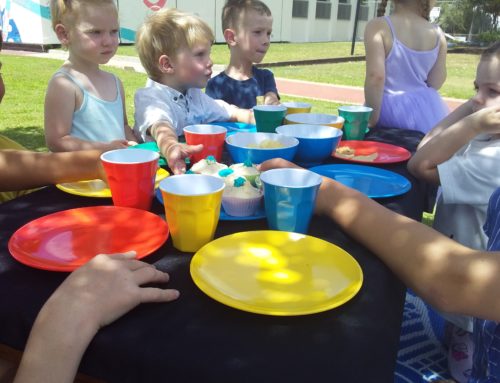
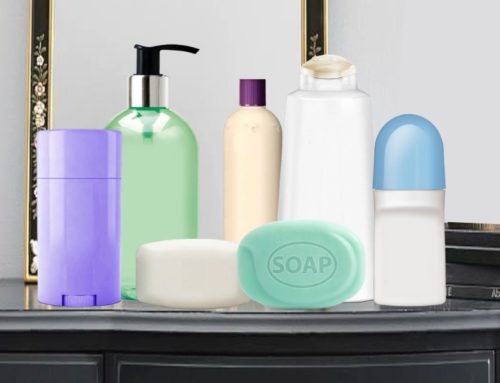
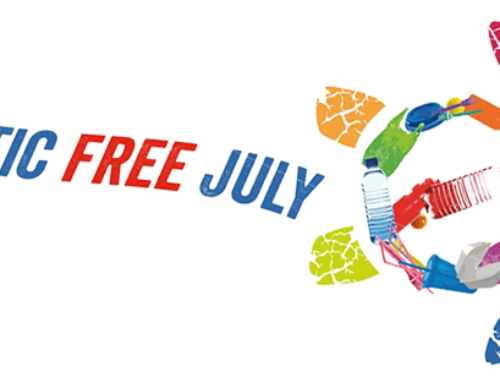
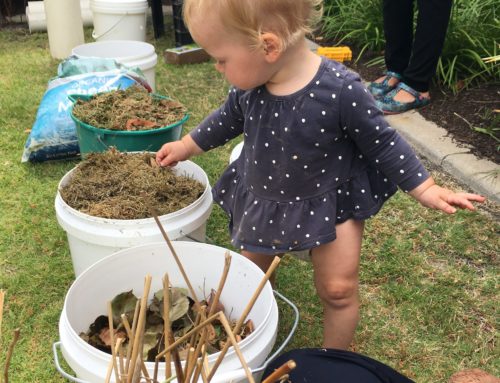
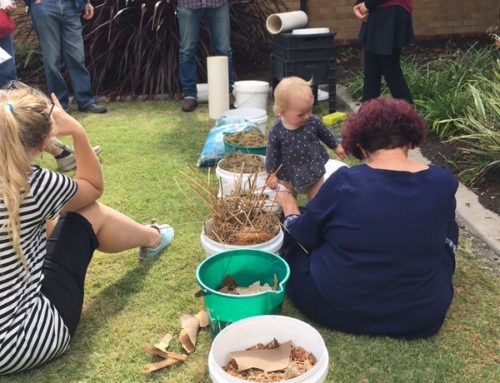
Leave A Comment